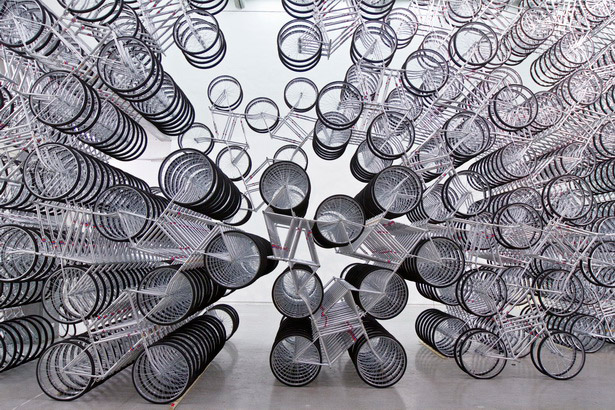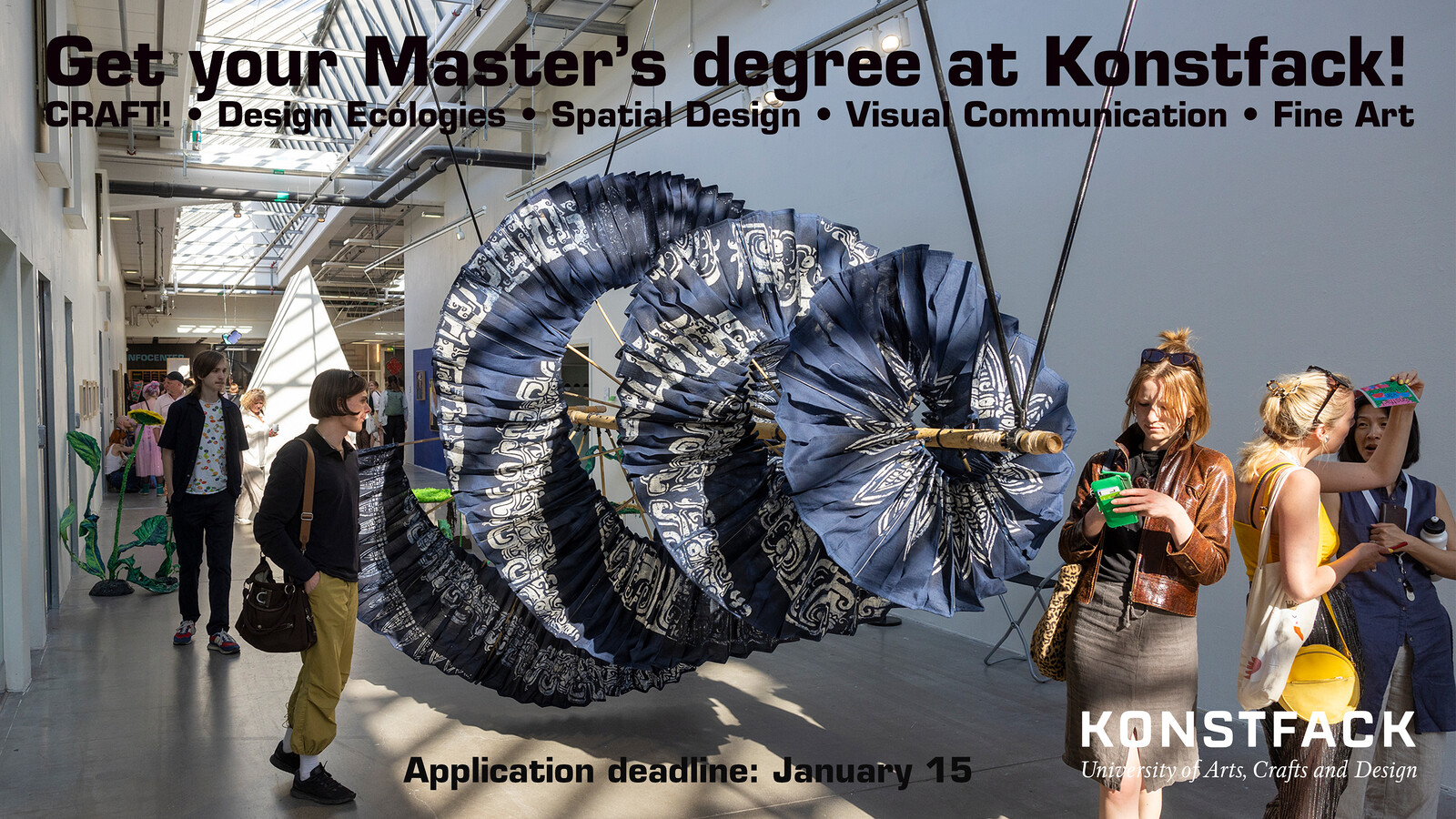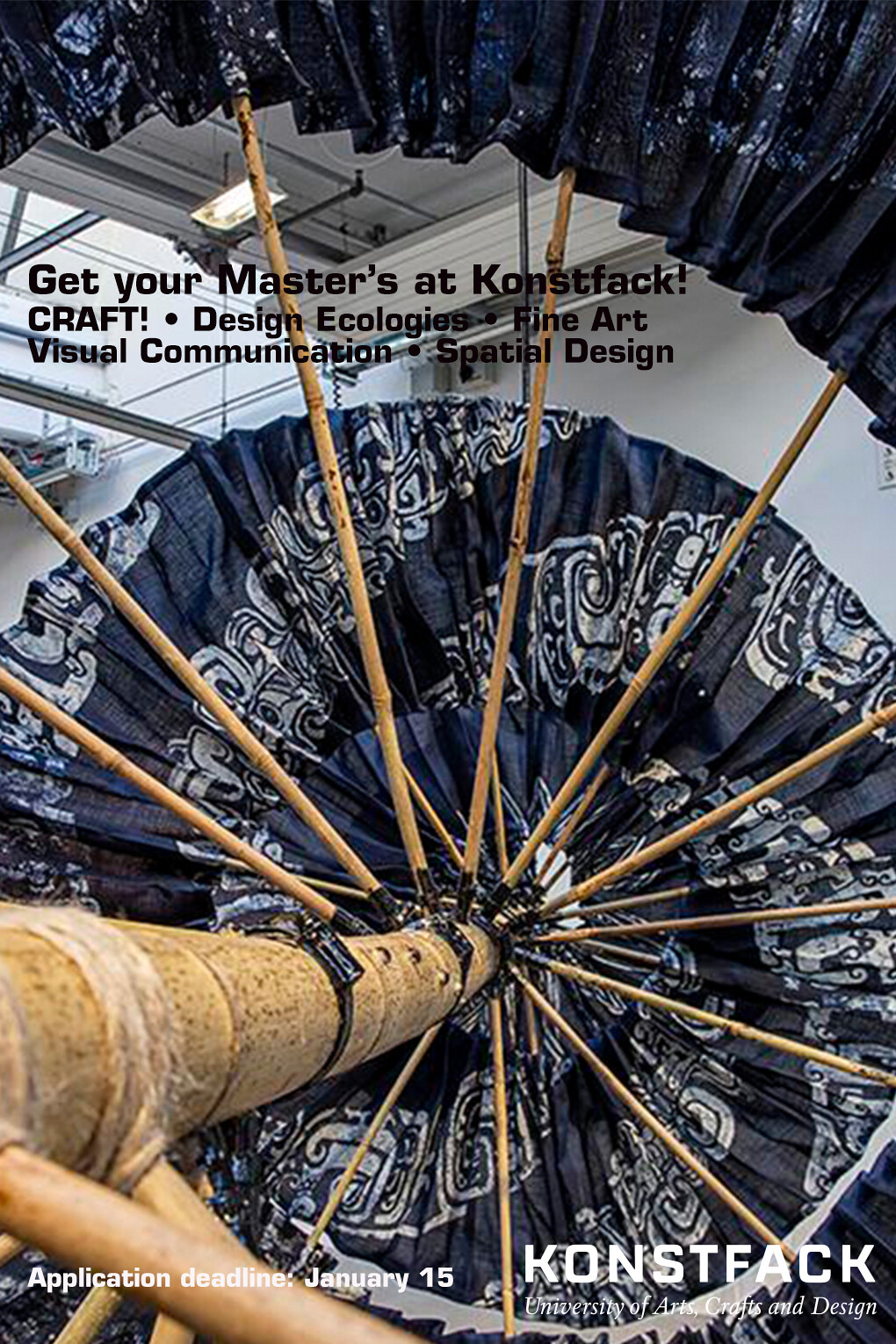+886 2 2595 7656
info [at] tfam.gov.tw
Two years ago, TFAM began communicating with the artist about the possibility of collaboration, and today the ideas explored in those initial conversations have come to fruition. While preparations for the exhibition were underway, a variety of unanticipated events transpired, leading to the absence of the artist himself. Nevertheless, this predicament cannot overshadow the special qualities and potent force of the works themselves. During the same period, in October 2011 ArtReview magazine released its “Power 100″ list of the art world’s most influential individuals, placing Ai Weiwei in the number-one spot. Such affirmation reflects the sterling reputation Ai Weiwei has attained as an international artist today. At this juncture, TFAM’s unveiling of a major exhibition of his works stands as a significant undertaking.
Ai Weiwei absent presents 21 sets of artwork, spanning a period from 1983 to 2011, encompassing a variety of forms such as installation and video, and using a variety of materials such as ceramics, marble, antique utensils and bicycles. It also includes a series of over 100 photographic works that the artist took during his early years in New York’s East Village and in Beijing’s Dong Cun. In addition, Circle of Animals, the artist’s first large-scale work of public art, recently on display at the behest of the New York City government, will encircle the main lobby of TFAM. These twelve bronze sculptures ten times larger than life are reproductions of the zodiac heads once found in China’s imperial Yuanming Gardens. Conceptually, they consider the relationship between genuineness and imitation, their value, and how value is interpreted, and misinterpreted, in present-day politics and society.
The artist’s most recent work, Forever Bicycles, created specially for this exhibition, is composed of nearly 1200 bicycles and installed in an exhibition space 10 meters high. The labyrinthine structure of multiple overlapping layers of bikes, like an abstract form in motion, symbolizes the state of constant change in China’s society and environment. Employing the largest number of bicycles of any Ai Weiwei bicycle installation to date, it is certain to become a focal point of attention.
Press Contact
Yang
yangsw@tfam.gov.tw



